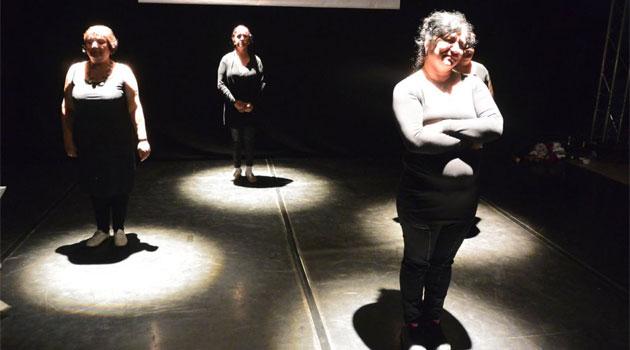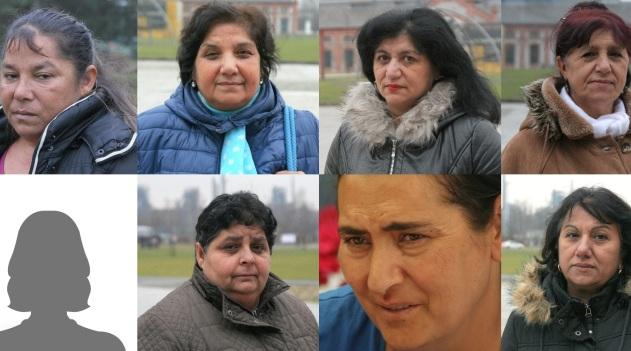Czech Republic: Forced sterilization will be focus of academic and public discussions

On Tuesday, 12 June the Prague Forum for Romani Histories will dedicate its attention to one of the most serious cases of human rights violations in Europe in recent history – forced sterilizations. The program, entitled “Forced Sterilization of Romani Women in the Czech(oslovak) and European Contexts: Past and Present“, will be divided into a morning expert seminar and an evening public debate.
The sterilization of women without their informed consent was not a problem just for Central European countries during the 20th century, but countries ranging from Sweden to Switzerland to the USA have also grappled with the fact of their own such practices, and in the former Czechoslovakia these interventions were connected primarily with efforts undertaken by the strong state apparatus to implement laws and regulations on social policy in order to bring the differences of the Romani members of the population into line with the rest of society. According to estimates published by the Office of the Public Defender of Rights, which dedicated itself to investigating the practices of the involuntary sterilization of Romani women in more detail in 2005, thousands of women may have been involuntarily sterilized on the territory of the former Czechoslovakia.
The 17 December 1971 adoption of a directive by the Health Ministry of the Czech Socialist Republic (LP-252.3-19.11.71.) on the performance of sterilizations facilitated these practices, as it gave the public authorities more or less a free hand to systematically sterilize Romani women and women living with disabilities without their full and informed consent as a means of controlling their fertility. The directive was abolished in 1993, but the most recent case in which sterilization was performed on the basis of consent obtained illegally is known to have occurred in 2007.
Kateřina Čapková, coordinator of the activities of the Prague Forum for Romani Histories and an historian with the Institute for Contemporary History at the Academy of Sciences of the Czech Republic told news server Romea.cz that “We are aware the subject of the sterilizations is, on the one hand, immeasurably serious and that a high-quality public discussion of it is necessary, but on the other hand it is a very sensitive topic. We decided to hold two thematic discussions in different formats during the course of a day that will perhaps make it possible for us to combine both the needed expert, high-quality discussion with the requisite sensitivity.”
During the morning hours an international workshop will take place for registered participants at New York University in Prague. It will cover analyzing the argumentation that justified the forced sterilizations of Romani women in the Czech Republic/Czechoslovakia in the context of eugenics and the welfare state.
Academics have been invited to participate whose research is about the sterilization of Romani women in communist Czechoslovakia, as well as scholars who have studied sterilization practices in the context of Scandinavia, where sterilization was used as an official instrument of the welfare state until the 1970s. The seminar will be followed at 18:00 by a debate at the Václav Havel Library among some of those participating in the morning academic workshop that will be open to the public.
Both events will be simultaneously translated between Czech and English. A component of the evening discussion will be the subject of compensation for the victims of these harms.
There will be presentations made during the evening segment by a representative of the victims of these harms and a representative of those advocating for their compensation. In Western European countries, such compensation of forced sterilizations has already been undertaken or is in the process of happening, with the Swiss Parliament being the most recent European legislature to adopt a law on offering such aid in solidarity with the victims of forced sterilization and other abuses of the welfare state.
In the Czech Republic – just as in other post-communist countries – there is a lack of political will to undertake such across-the-board compensation of the victims of these harms by adopting legislation for that purpose. The calls for compensation by the Public Defender of Rights and a specific bill proposed by former Czech Human Rights Minister Jiří Dienstbier to that end have not yet been successful.
